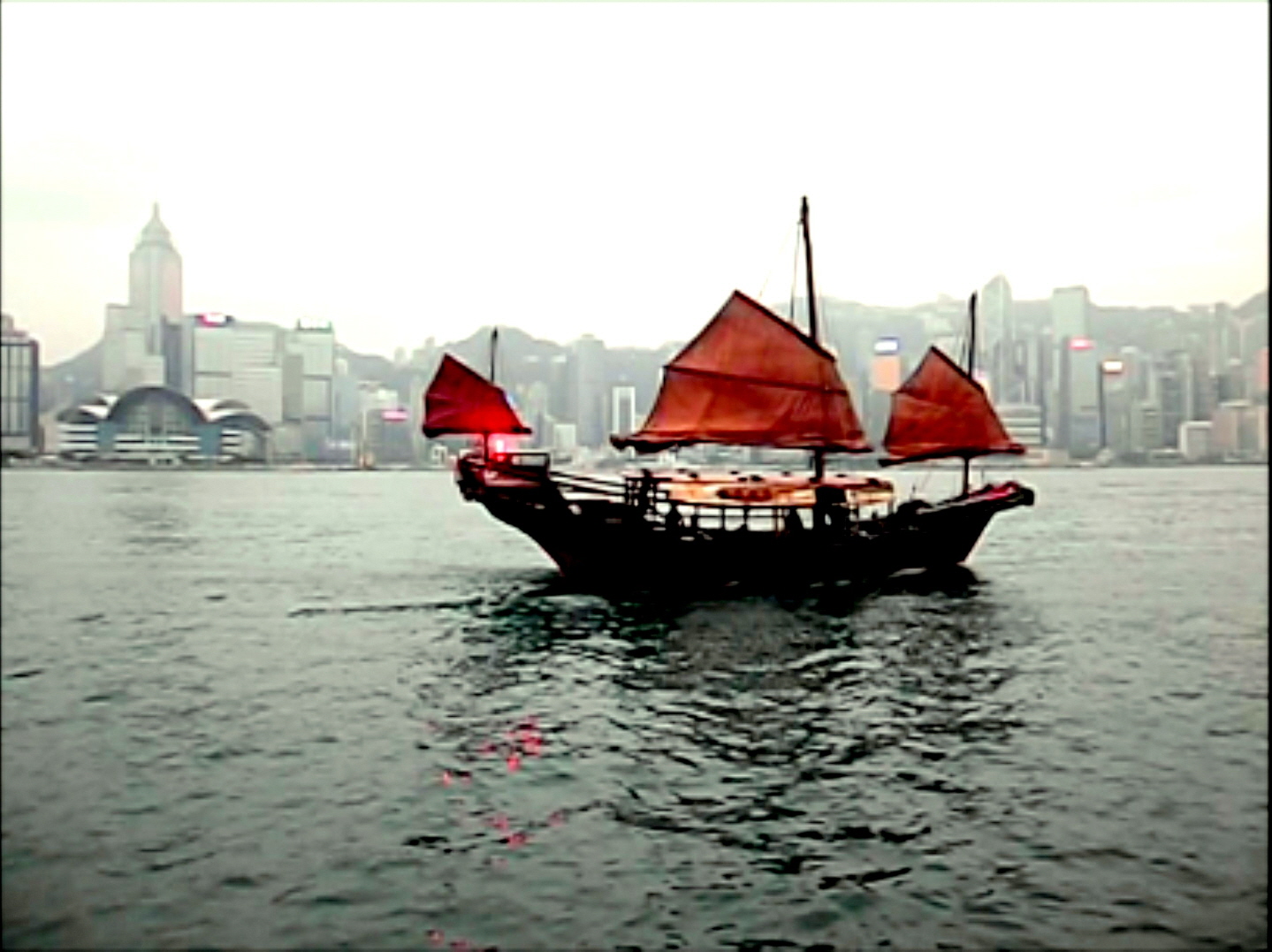Traveling in Hong Kong - 2017
Embrace Foundation is a non-profit,
educational foundation set up to create
better understanding between people of
different religions, cultures, traditions and
world philosophies.
Embrace Foundation works to bring leaders
and scholars of world-wide religions,
cultures and philosophies together by
sponsoring forums, seminars, lectures and
developing an international exchange
program. Embrace Foundation is particularly
concerned with reaching the world public
through the media.
Purpose
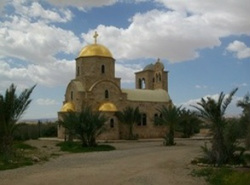
Donations
Embrace Foundation is an all volunteer
organization. All donations go directly to
programs.
Embrace Foundation does not and has
never given permission to any outside
organization to solicit or receive
contributions on our behalf.
All donations should be made to Embrace
Foundation only via Paypal or by mail. All
donations are tax deductible. A receipt will
be emailed to you. Please click on the Pay
Pal link below to Donate.
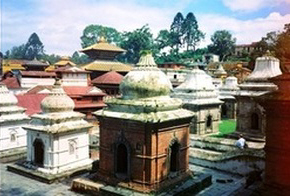
Travel As An Interfaith Act
Embrace encourages all who can do so, to
learn about other traditions and cultures by
traveling as “Grassroots Diplomats.” We
hope that people every where become life
long students of our world-wide humanity.
“ In every man there is something wherein I
may learn of him, and in that I am his pupil.”
R.W.Emerson
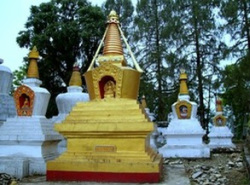

Embrace Humanity
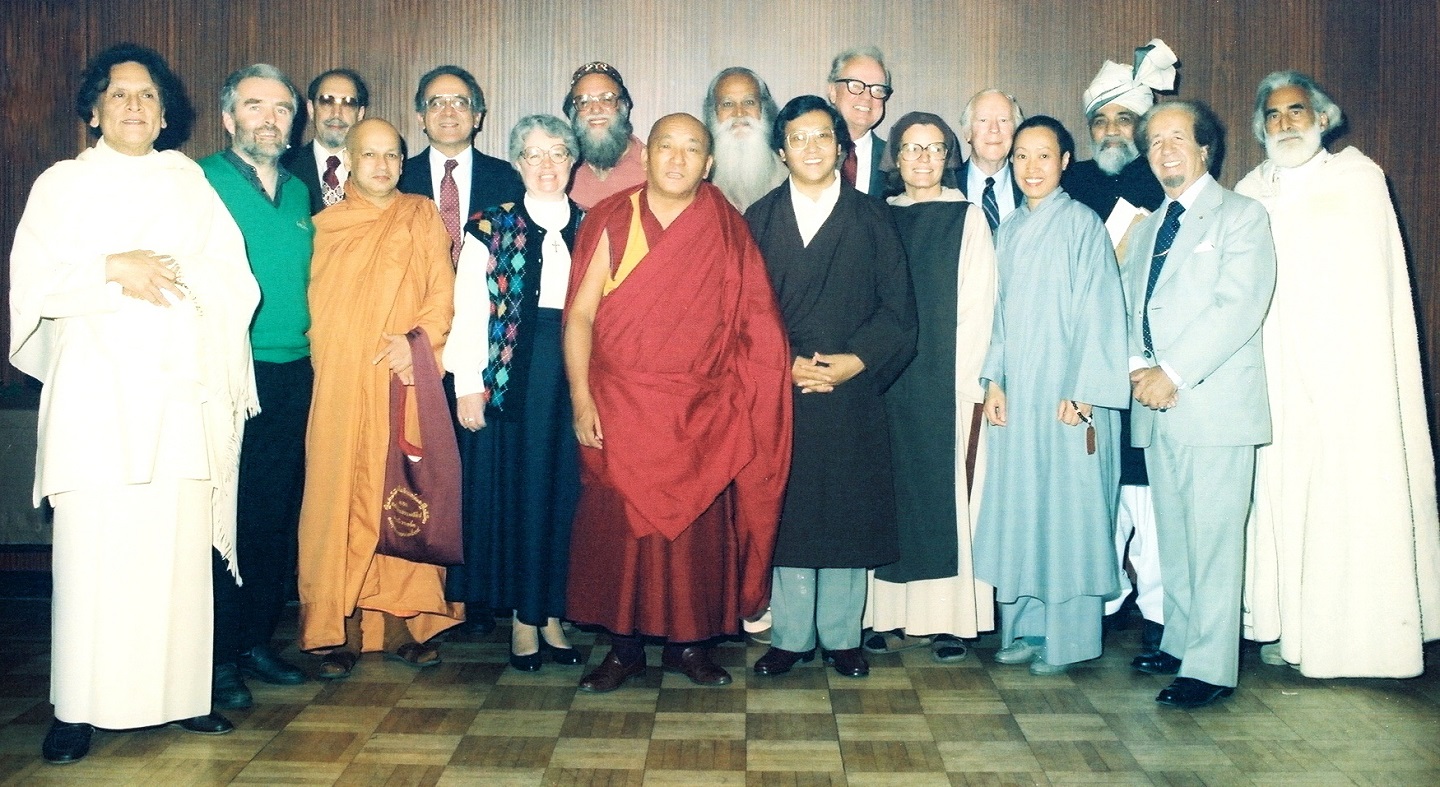
Great Visions - TV
Guests are: Swami Satchidananda &
the Rt. Reverend Dean Parks Morton
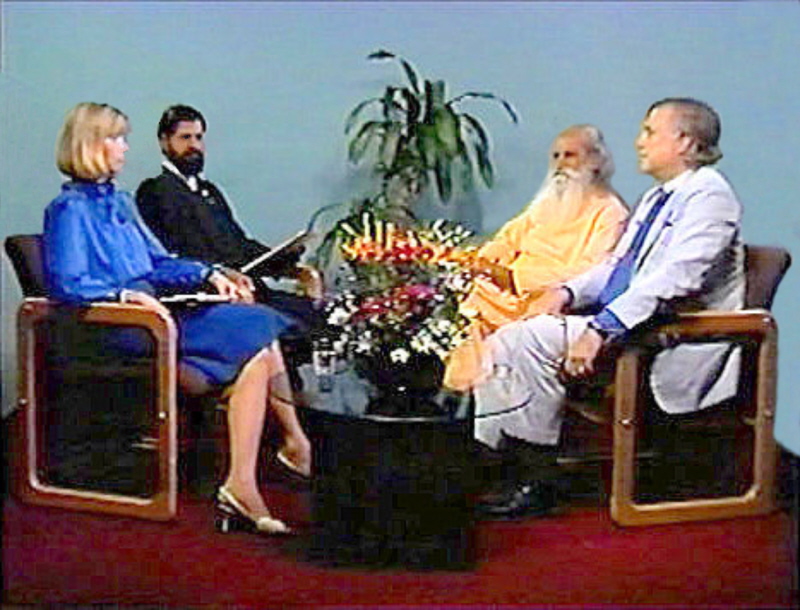
Embrace Archives
Limited Editions Gallery
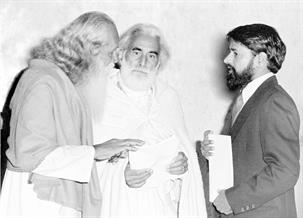
Thank you for making a donation.
Embrace Foundation International
- Great Visions TV
- Inspirations
- Media
- Possibilities
- Astrophysics, Quantum Physics & The Nature of Reality
- Deconstructing Nuclear Fission & Nuclear Waste
- Defense Industry as Community Builders
- Defense Industry As Energy Providers
- Global Water Shortages
- Innovative Technology
- Intelligent Communities & Development
- Pentagon & Non-Western Nations
- Recreating
- Resource Based Population
- Sharing Community Resources
- Protecting Human Rights
- Spiritual Ecology
- Syria
- Write to Us

HONG KONG
Air Pollution
From flying into Hanoi, Viet Nam to flying into Hong Kong, the Founders did not see the sun or sunlight for 12 days.
The air pollution is so dense that the moment your plane begins descent from the clear blue sky and begins to move
downwards, Hong Kong becomes submerged in a thick gray impenetrable blanket.
This is true also of Hanoi but Hong Kong’s pollution is far worse. Luckily journalist Diana Lin did an excellent
investigative documentary on the Pearl Television channel on “Pearl Reports” in Hong Kong while the Founders
were there. She has exposed the grim effects that air pollution is having on the many adults and small children, as well as
on vegetation, crops and trees in China. Perhaps the Chinese media will be able to pressure the government to take
radical action.
Chinese Documentaries
In Hong Kong you can view CCTV Documentaries which does an outstanding job reporting on everything from
archaeological finds to how people in rural areas are trying to save their villages by turning them into tourist destinations for
city dwellers.
It would be a real boon if there were a documentary channel like this broadcast in Western nations. It is very well done and
all Chinese people should be proud of it.
A Challenge to Traditional Chinese Culture & History
As Hong Kong has virtually become part of mainland China, many long cherished beliefs and practices are being lost.
We do not think It is owing to any anti-religion campaign on the part of the federal government. As many people will note, a
number of gigantic Buddhist temple complexes have been built in China in recent decades.
It is, however, due to real estate developers and city officials who have a total lack of regard for historical buildings
regardless of their religious or aesthetic value. It is also due to the influx of mainland Chinese who know little of their
ancient practices, philosophy or religion and do not yet have an interest in protecting their cultural heritage.
Urban Planning - Where is It?
There has been almost no urban planning in Hong Kong. Buildings are excessively tall, towering over relatively narrow
streets. There are few parks, public spaces or places for children to play. This is particularly sad for a people who adore
children and traditionally have honored the elderly. The air pollution has made its’ mark on just about all buildings leaving
them dull and in need of steam cleaning.
Kowloon has taken a stand for public space in their ferry wharf area which is very attractive. The island is densely populated
now so It will be difficult to carve out new areas for parks and green belts. Kowloon also has an attractive walkway along
the waterfront dedicated to the Hong Kong movie industry, for all Jackie Chan fans (the Embrace Founders are definitely
among them) this is a place to go. Within the ferry public space area you will find a museum attractively tucked among
trees.
What is Chinese Philosophy vs Traditional Religion?
It is very important to understand the difference between Chinese philosophy and Traditional Religion. Chinese
Taoist philosophy is largely based on “The Tao Te Ching.” Lao Tzu is credited with it’s content. Lao Tzu’s disciples,
including Chung Tzu, contributed to the further development of Taoist philosophy. Confucian philosophy is largely based on
the “Analects” of Confucius (Kongzi) and the teachings of other Confucian Sages, Mencius being one of the foremost
scholars.
Eastern philosophies including Chinese philosophy, is a manner of thinking, acting and believing. It generally offers moral
guidelines. It is not however, involved with prayer, mantras, chanting, services or rituals. Neither philosophical Taoism or
Confucianism are religions (although both Lao Tzu and Kongzi may be enshrined in temples by people who honor them
and their philosophies.)
Traditional Chinese (and other South-East Asian Traditional) religions encompass many ancient practices. Some of the
beliefs include honoring sacred trees, sacred places, sacred sages (wise, courageous beings) who often historically lived
and saved the lives of people through battle. medicine or some other means.
Why are Traditional Temples Labeled Taoist?
It is possible, that many Traditional temples in early ages were labeled Taoist due to the fact that the Taoist philosophy
believes in “learning from nature” and living in accord with “natural” laws. It is also likely that prejudices built up against
Traditional beliefs with the introduction of Buddhism and the philosophy of Confucianism compelled Traditional religionists
to merge under the “Taoist” banner as a form of protection.
The three primary movements of Taoism, Confucianism and Buddhism historically were forever being juggled as favorites
among various Chinese dynasties and Emperors. There were centuries of persecution in China when the struggle for the
Emperor’s endorsement (or the endorsement of feudal lords) led to extreme violence between Buddhists, Taoists and
Confucians leading to mass executions and even book (scroll) burning.
It is much to the credit of the pragmatic nature of the Chinese people that they (like the Hindus in India) found a
way to combine everything - to derive, what they believe is the best chance for getting their prayers answered
and finding a way to put their lives and society in harmony. (The Chinese who embrace Taoism, Confucianism,
Buddhism and Traditional beliefs no doubt think that this approach offers them the greatest opportunity for
“Luck” or “Good Fortune.”
In other words, it is a way to stack the odds in their favor, as any Chinese (the majority who seem to have an inherent
gambling spirit) knows.
The Chinese and Hindus are by no means the only people who like to rely on a variety of “Specialty” saints or sages,
angels or spirits or aspects of the Divine to hedge their bets. Actually, almost all religions and most religious denominations
offer numerous spiritual options.
NOTE: Cloudy Photos
It should be noted that the burning of incense in copious amounts, (a part of traditional Chinese and South East Asian
worship) makes for incense obscured photos of temple interiors and often exterior as well.

Embrace Foundation Retreat Center
Embrace.Foundation (skype messaging) - 011+1+212.675.4500 (New York)
Click to Email Us
